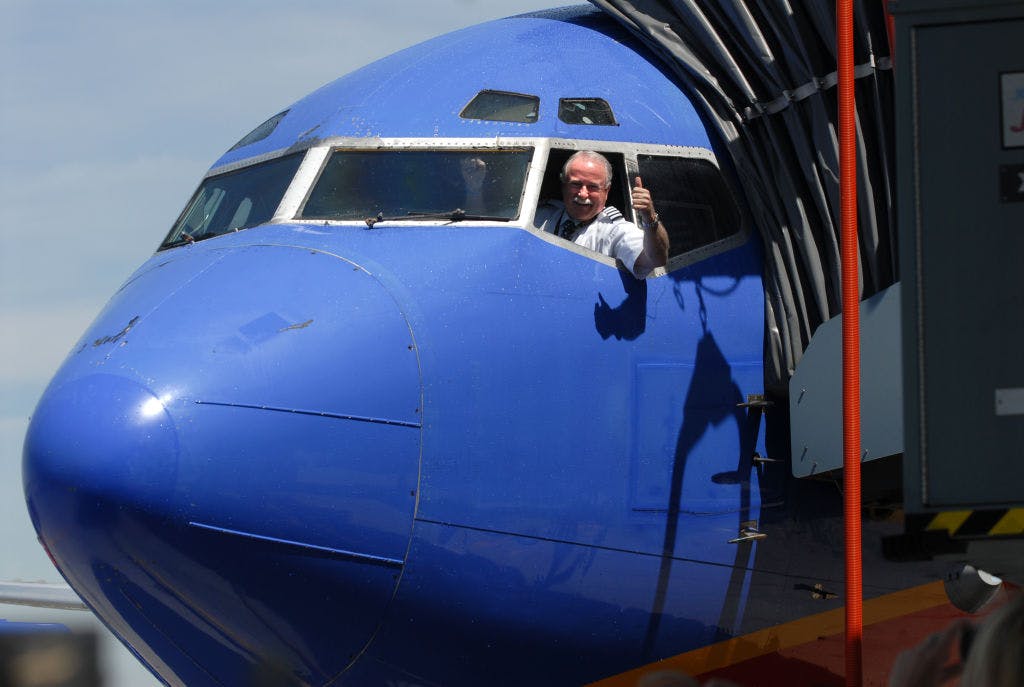Starting Wednesday, bags fly for $35 at Southwest
Last September, Southwest said introducing a bag fee would help it earn up to $1.5 billion in additional annual revenue.
The more than five-decade-long “bags fly free” policy at Southwest Airlines is ending Wednesday, and the company just about waited until the boarding doors were closing to provide some details.
As of tomorrow, customers will pay $35 for their first checked bag and $45 for the second, The Wall Street Journal reports. That puts Southwest in line with its big four rivals.
Exceptions to the new charge include passengers at the top of Southwest’s loyalty program and passengers buying the highest fare type, who will still be able to fly two bags for free. Credit card holders will get one bag, similar to the policy at Delta Air Lines.
Southwest moved quickly to institute the unpopular baggage fee, which was first announced in March. In comparison, the carrier’s shift to assigned seating, which was announced in July 2024, won’t go into effect until the first quarter of 2026. The reason for the hurry? Cold hard cash.
Last September, Southwest said that charging for bags would bring in up to $1.5 billion in additional annual revenue. At the time, the airline also said the move wouldn’t be financially smart as it would result in an estimated $1.8 billion in lost market share.
According to Southwest, its free bags policy was “the most important feature by far in setting Southwest apart from other airlines” and changing it “would drive down demand and far outweigh any revenue gains.”
At the time, the company said: “In each scenario we tested or they tested, changing our bags policy would be value destructive. The results show too much defection in future flying, even in markets where we're strong, that more than offset the ancillary revenue we'd earn from bag fees. ...And as you can see, the loss in trips flown from customer defection overwhelms the value of the incremental ancillary revenue from bag fees and results in $300 million less in revenue."
Of course, all that was a few months before the company ceded five board seats to activist investor Elliott Management in October and began its recent cost-cutting tear.
